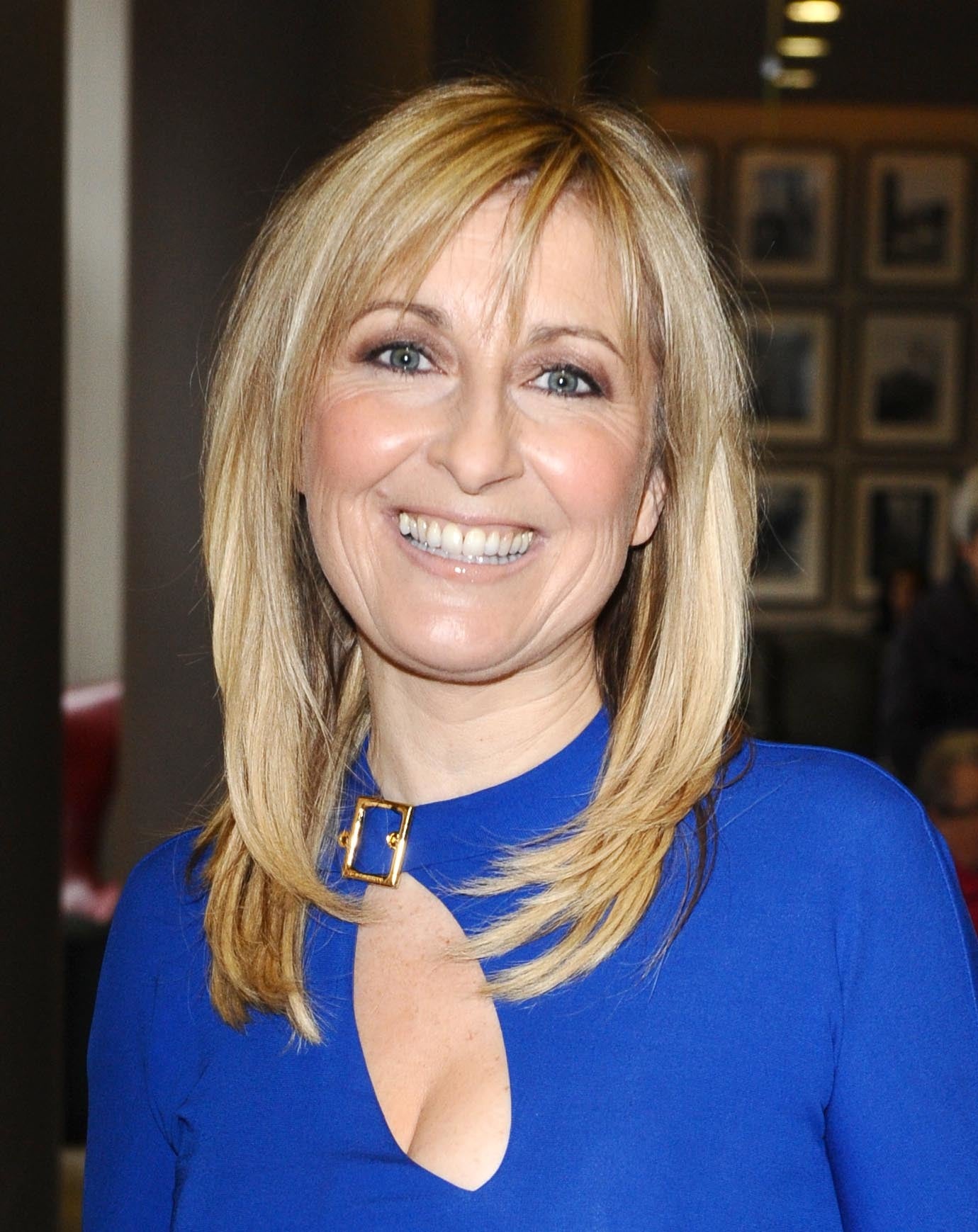Fiona Phillips, 62, reveals she has Alzheimer’s disease
The former breakfast TV host was diagnosed 18 months ago after suffering brain fog and anxiety
TV presenter Fiona Phillips has revealed she has been diagnosed with Alzheimer’s disease.
The former breakfast TV host said she was told she had the condition 18 months ago after she experienced symptoms of anxiety and brain fog.
Phillips, who is currently taking part in a drug trial that scientists hope could revolutionise treatment of the incurable illness, said she was speaking out about her diagnosis in a bid to end the stigma surrounding Alzheimer’s.
The 62-year-old told The Mirror said: “This disease has ravaged my family and now it has come for me. And all over the country there are people of all different ages whose lives are being affected by it – it’s heartbreaking.
“I just hope I can help find a cure which might make things better for others in the future.”
Phillips is taking a new drug called Miridesap which scientists hope could slow or even reverse the illness.
The drug is administered three times a day with tiny needles and is being trialled by the University College Hospital (UCH) in London.
The mother-of-two spoke out as the illness continues to claim the lives of thousands of people across the UK every years.
The Office for National Statistics said that dementia and Alzheimer’s disease were the leading cause of death in the UK in 2022.
“There is still an issue with this disease that the public thinks of old people, bending over a stick, talking to themselves,” Phillips said.
“But I’m still here, getting out and about, meeting friends for coffee, going for dinner with [her husband] Martin [Frizell] and walking every day.”

Frizell, 64, revealed that the couple began to notice something was wrong when she developed “crippling anxiety” towards the end of 2021.
She had never experienced this before and initially they thought it might be the menopause, which has similar symptoms.
“We got in touch with a menopause specialist who took her under their wing and put her on HRT but while that improved some symptoms, the brain fog remained,” her husband said.
This prompted the couple to seek further help, including months of cognitive tests before a lumbar puncture to assess spinal fluid revealed she had Alzheimer’s.
As with all drug trials, some participants are given placebo drugs to see how effective they are.
Phillips has no idea if she is among this cohort but still believes that partaking is important for future sufferers.
Frizell, who edits ITV’s flagship show This Morning, said: “Even the people we see for the check ups don’t know if Fiona is on the real drug or a placebo.
“It’s been weeks now and I like to think her condition is stabilising but I am too close to know really, that could just be my wishful thinking.”
Alzheimer’s symptoms
According to the NHS, early symptoms may include:
- forgetting about recent conversations or events
- misplacing items
- forgetting the names of places and objects
- having trouble thinking of the right word
- asking questions repetitively
- showing poor judgement or find it harder to make decisions
- becoming less flexible and more hesitant to try new things
Join our commenting forum
Join thought-provoking conversations, follow other Independent readers and see their replies
Comments


Bookmark popover
Removed from bookmarks